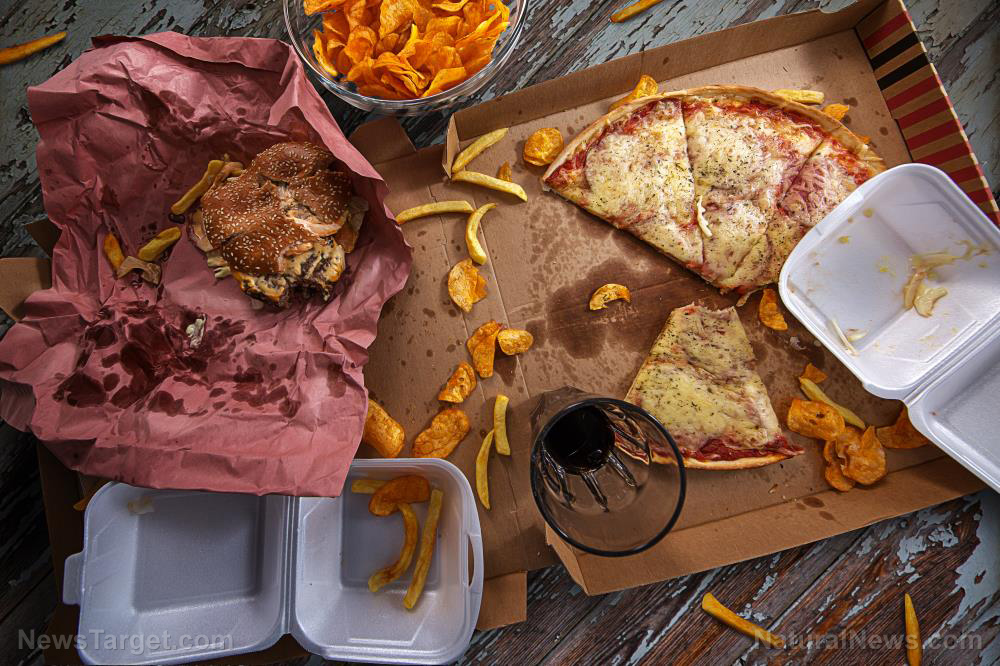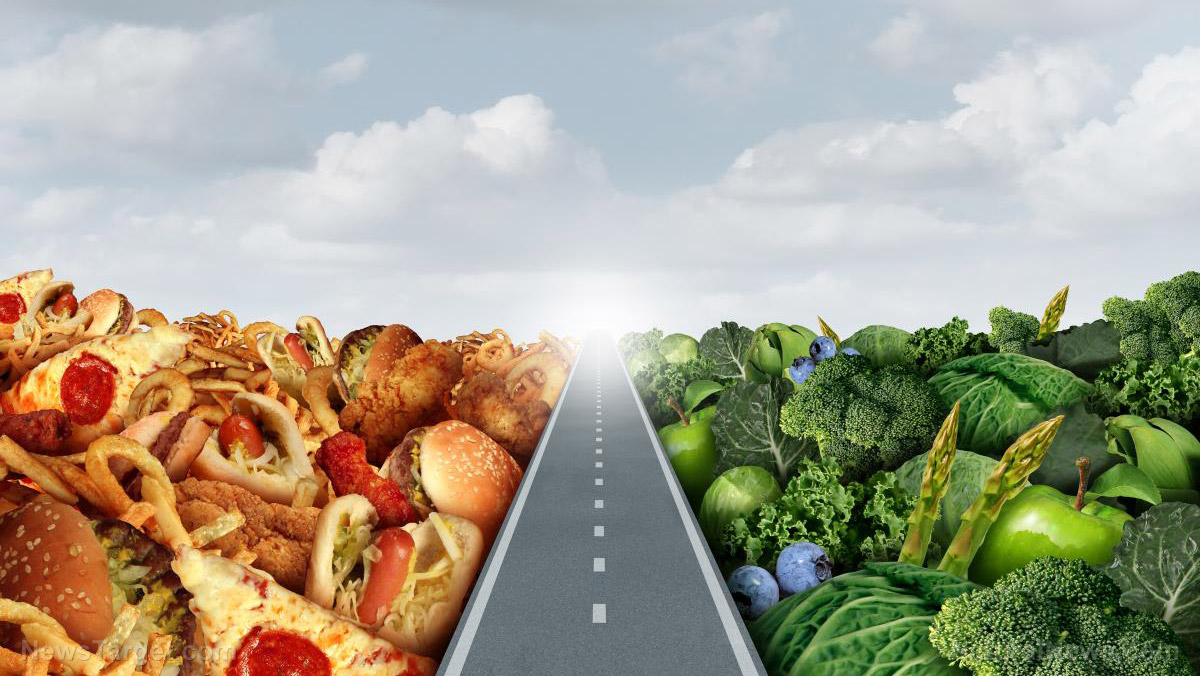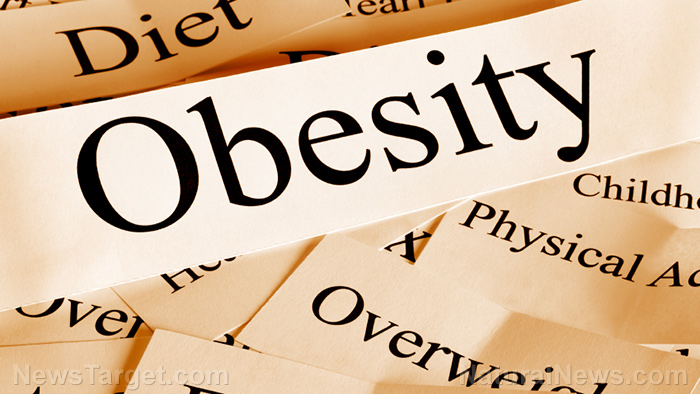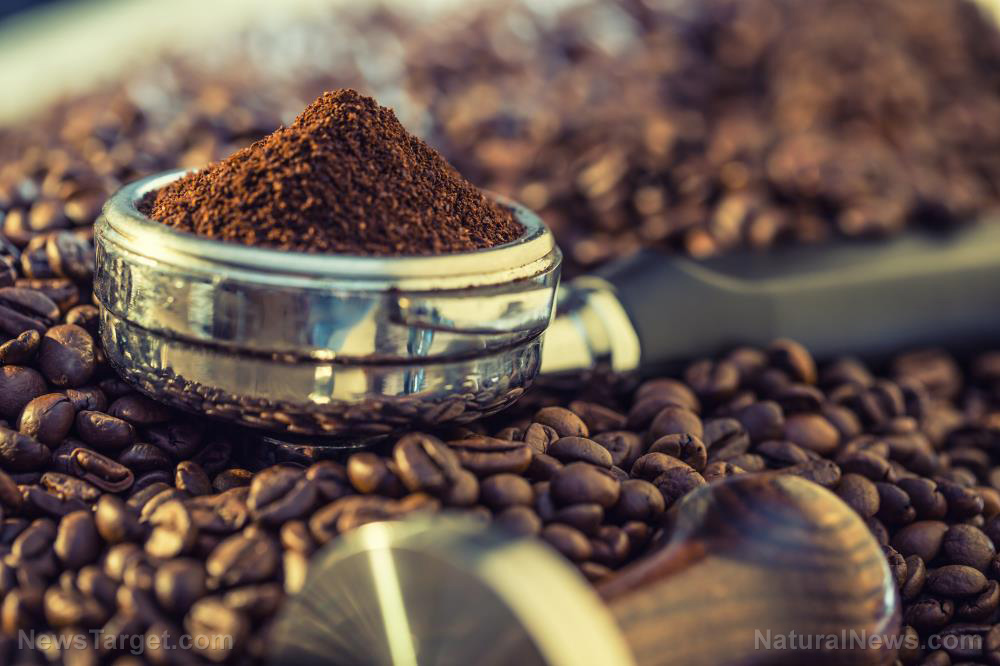Stress can make you crave unhealthy foods, study finds
01/22/2021 / By Divina Ramirez

A recent study by researchers from Australia found that tense or stressed people have greater cravings for fast food, sweets and other unhealthy foods than people who aren’t as tense or stressed.
Published in the journal Eating Behaviors, the study also revealed that people eat more foods the more tension they experience on a given day.
These findings suggest that negative feelings of tension and stress are associated with greater cravings, as well as greater overall food consumption.
Stress can trigger cravings and lead to overeating
Previous research has shown that stress influences the kinds of foods that people consume. Stress can alter an individual’s eating habits as well, making him or her more likely to under- or overeat.
For their study, the researchers sought to examine the link between negative states like tension or anxiety and food intake. They surveyed 142 participants daily for seven days about their eating habits, feelings of tension, stress or anxiety and food cravings.
The results showed that participants reported craving more sweets, fast food and other junk foods on the days when they felt tense or anxious. And the more anxious they were, the more unhealthy foods they ate. They would also eat greater volumes of food overall on those days.
Lead author Shina Leow, a sport exercise researcher with the University of Western Australia, said that these findings encourage further investigation into the ways in which emotion-induced cravings may lead to greater overall food intake.
And by successfully identifying and understanding the mechanisms driving emotion-induced eating, nutrition experts and dieticians may be better able to help people struggling with eating problems like binge eating. The researchers also recommended that future studies take into further consideration the role of eating habits and preferences in exploring the link between food intake and negative feelings of tension, stress and the like.
The study did not explain how tension or stress may cause overeating. But according to existing studies on the subject, stress can shut down appetite in the short term and increase it in the long term. The latter is due to an important hormone called cortisol, which is also known as the stress hormone.
When the body perceives stress, the brain signals to the adrenal glands to produce more cortisol. This helps to increase motivation, including the motivation to eat. This motivation would normally wear off once the source of stress is removed or eliminated. But if stress does not go away, the body becomes stuck in that state.
Furthermore, many animal studies have shown that physical or emotional distress increases the intake of high-fat foods and/or sweets. Unfortunately, these foods can negatively affect stress-related responses.
Lockdown-induced stress affects diet and nutrition
Leow and her colleagues’ findings are not unprecedented. In the midst of the coronavirus pandemic, nutrition experts were interested to know how lockdown-induced stress affected people’s nutrition and eating habits.
A paper published in September last year in BMJ Nutrition, Prevention and Health, scientists from the University of Zimbabwe surveyed 503 participants with age ranging from 31 to 40 years old about their eating habits, lifestyle behaviors, stress and anxiety levels and other lifestyle behaviors like smoking and drinking.
The results showed that lockdowns were associated with higher food prices and reduced access to healthy and fresh foods. The results also showed that people were more stressed during lockdowns, possibly due to feeling uncertain, fearful and lonely amid the pandemic.
Since lockdowns give people little room and resources to cope, people might find themselves using food to get rid of those negative emotions. In fact, the researchers pointed out that lockdown-induced stress could trigger cravings.
Cravings can lead to obesity, which can lead to serious health problems like heart disease. Obesity can also heighten a person’s risk of developing serious complications should they get COVID-19. (Related: The food industry has put obese people at higher risk of critical illness from the coronavirus.)
Follow Slender.news to learn more about eating a proper diet and maintaining good nutrition.
Sources include:
Tagged Under: cravings, fight obesity, health science, lockdowns, mental health, nutrition, overeating, research, stress
RECENT NEWS & ARTICLES
COPYRIGHT © 2017 FIGHTOBESITY.NEWS
All content posted on this site is protected under Free Speech. FightObesity.news is not responsible for content written by contributing authors. The information on this site is provided for educational and entertainment purposes only. It is not intended as a substitute for professional advice of any kind. FightObesity.news assumes no responsibility for the use or misuse of this material. All trademarks, registered trademarks and service marks mentioned on this site are the property of their respective owners.





















